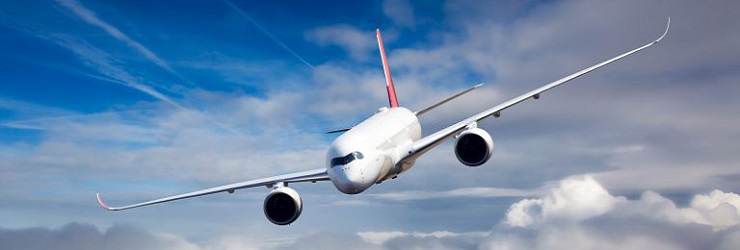- Alumina
- Boron Nitride
- Zirconia
- Other Ceramics
- Applications
- Contact

There are many properties of ceramics that make them desirable for aerospace applications. The most important are lightweight, high temperature resistance, electrical insulation, high energy of ablation, resistance to corrosion, chemical stability, wear resistance, and ability to withstand vibration.
China Special Ceramic Parts underpin the electronics industry, and the average aircraft is packed full of electronics. Gradually, these electrical components, such as sensors, antennas, capacitors and resistors, are getting increasingly smaller and more capable. Therefore, this is a major area of development for China Special Ceramic Parts.
Structural ceramics (crystalline inorganic non-metals) are used in aerospace as thermal barrier coatings (TBCs) in the hot part of the engine. In addition, these materials are being used in composites either as reinforcement and/or as a matrix such as in ceramic matrix composites (CMCs). Being lightweight and tough tends to be a main driver for using a ceramic composite.
Ceramics are lighter than most metals and stable at temperatures substantially above high-grade technical plastics. As a result of these and other properties, structural ceramic applications include thermal protection systems in rocket exhaust cones, insulating tiles for the space shuttle, missile nose cones, and engine components.
Technical ceramics have been used for various parts of the engine for the past 30-40 years, but a lot of activity currently surrounds the development of silicon carbide (SiC/SiC composites) for use in jet engine turbines, mainly concentrated on the turbine blades. The main driver is fuel efficiency, as engineers seek to run the jet engine without the need for cooling channels that currently stop the metal alloy blades from melting. If the blades were made of ceramic composites, which could deal with temperatures of 1,500-1,600°C, the engine could run at higher temperatures. Energy efficiency would therefore increase, which leads to less fuel and the airplane’s ability to fly further or more efficiently.
China Special Ceramic Parts, Inc. (CSCPI) is a leading supplier of ceramic materials. ACM's China Special Ceramic Parts, Inc. play an integral role in various aviation and avionics sensors throughout the industry. We develop China Special Ceramic Parts, Inc. that can withstand harsh conditions while maintaining reliability and accuracy. Major aircraft components like brakes, flaps, fuel components, and hydraulic sensors all incorporate our ceramic materials. ACM’s specific types of ceramic materials are resistant to wear, lightweight, and heat resistant so they can be incorporated in a number of uses at high altitude.
For many years, we have cooperated with the world’s largest aerospace manufacturers such as NARS, Boeing and GE Aviation, in the development of advanced equipment. ACM supplies components for a range of turbine sensor and igniter systems, high power connectors, insulators for rocket and missile systems, optical components, armor, RF windows and wear components for braking systems.